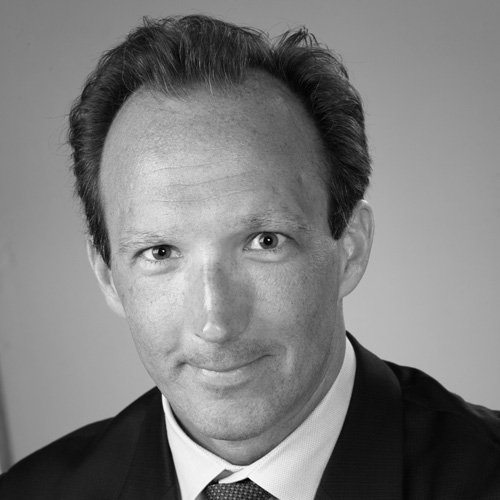In many ways, the paralegals of Motorola Solutions are Michelle Warner’s heroes. One paralegal was responsible for helping Motorola Solutions implement global divestitures—including a corporate spin-off and several other large sales—and manage legal matters in more than 50 countries. Another is the point person managing the company’s brand, the bat-wing “M.”
“The paralegals who work for me, they’re career paralegals,” says Warner, corporate vice president, deputy general counsel, and secretary at Motorola Solutions. “Quite frankly, I’d stack them up against junior lawyers or even some mid-level lawyers anywhere. They go above and beyond in their contributions to this team.”
Warner arrived at Motorola in 1997 in the company’s mergers and acquisitions function after six years at large and medium-sized Chicago law firms. She was joining a $28 billion company that would, at one point, have as many as five attorneys dedicated to M&A.
“The paralegals who work for me, they’re career paralegals. Quite frankly, I’d stack them up against junior lawyers or even some mid-level lawyers anywhere.”
In the 2000s, Motorola spun off some business units and purchased others, reorganizing and, eventually, reestablishing itself with a new identity after it split into two separate companies in 2011. Motorola Solutions focuses on mission-critical communications for police, other first responders, and business customers.
Today, Warner manages the M&A, securities, and trademarks legal practices with a team of eight. This team includes two lawyers, four paralegals, and two administrative assistants, with a lawyer and a paralegal each supporting M&A, and another lawyer and paralegal supporting securities. There are two paralegals who support trademarks, one of whom is the company’s brand manager.
“There are a lot of people under the legal umbrella who are not lawyers,” Warner says. “Some of them, like the paralegals, largely support lawyers, but we also have many nonlawyers, including in ethics and compliance, trade compliance, environmental health and safety, and in our operations group.”
Warner says while lawyers have more education and experience in many cases, she sees minimal difference between lawyers and paralegals when it comes to day-to-day essentials in the legal department. “My paralegals are extremely talented and collaborative,” Warner says, whether it be drafting a contract or
negotiating an agreement.
Motorola Solutions fosters an environment in which people can rise up and lead, Warner adds. Warner supported an administrative assistant, for example, as she earned her paralegal certificate while working full-time. The legal staff thrives on a net of support strengthened by both top-flight paralegals and administrative assistants.
When Motorola was a larger company, a lawyer-led paralegal council fostered collaboration between attorneys and paralegals, as well as among paralegals. A few years ago, as a much smaller company, Motorola Solutions conducted a legal employee satisfaction survey that produced results showing a need to revisit that concept.
What exists now are in-house, talent-management teams designed to offer career guidance to lawyers, paralegals, and administrative assistants. “It’s empowering everyone, regardless of where they fall within the organization, to feel like they have a voice, that they contribute as much as anybody,” Warner says. “We’re all part of one team. To me, that’s what’s really important, and that’s what keeps us all happy.”
Furthermore, she credits “a true sense of ownership” of their roles—via plenty of autonomy, responsibility, and authority—for the inherent value and success of her support staff in particular. “For me, a company that wants to get the most out of these professionals has to give them that latitude,” she says. “It keeps them around and keeps them engaged.”


